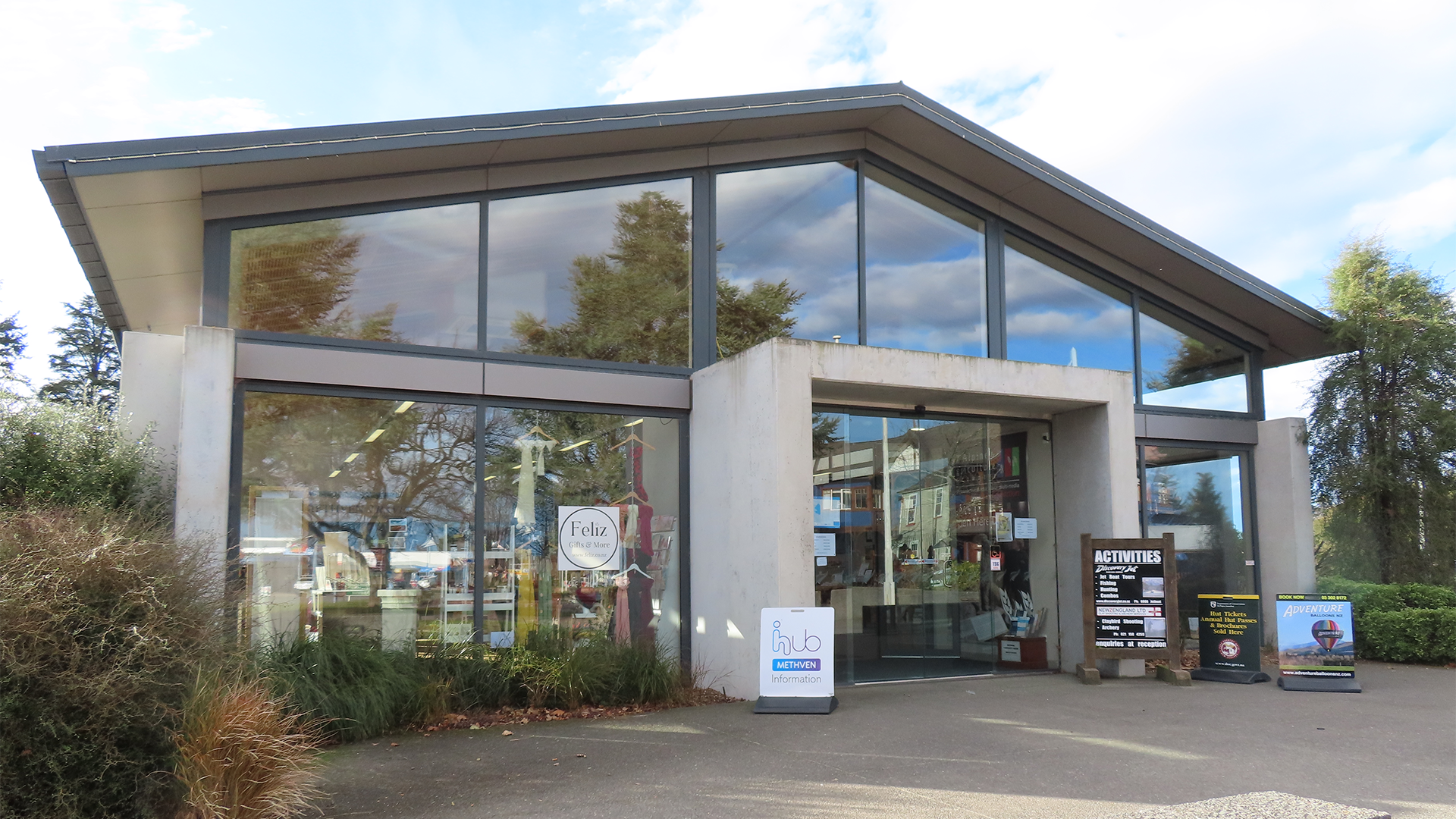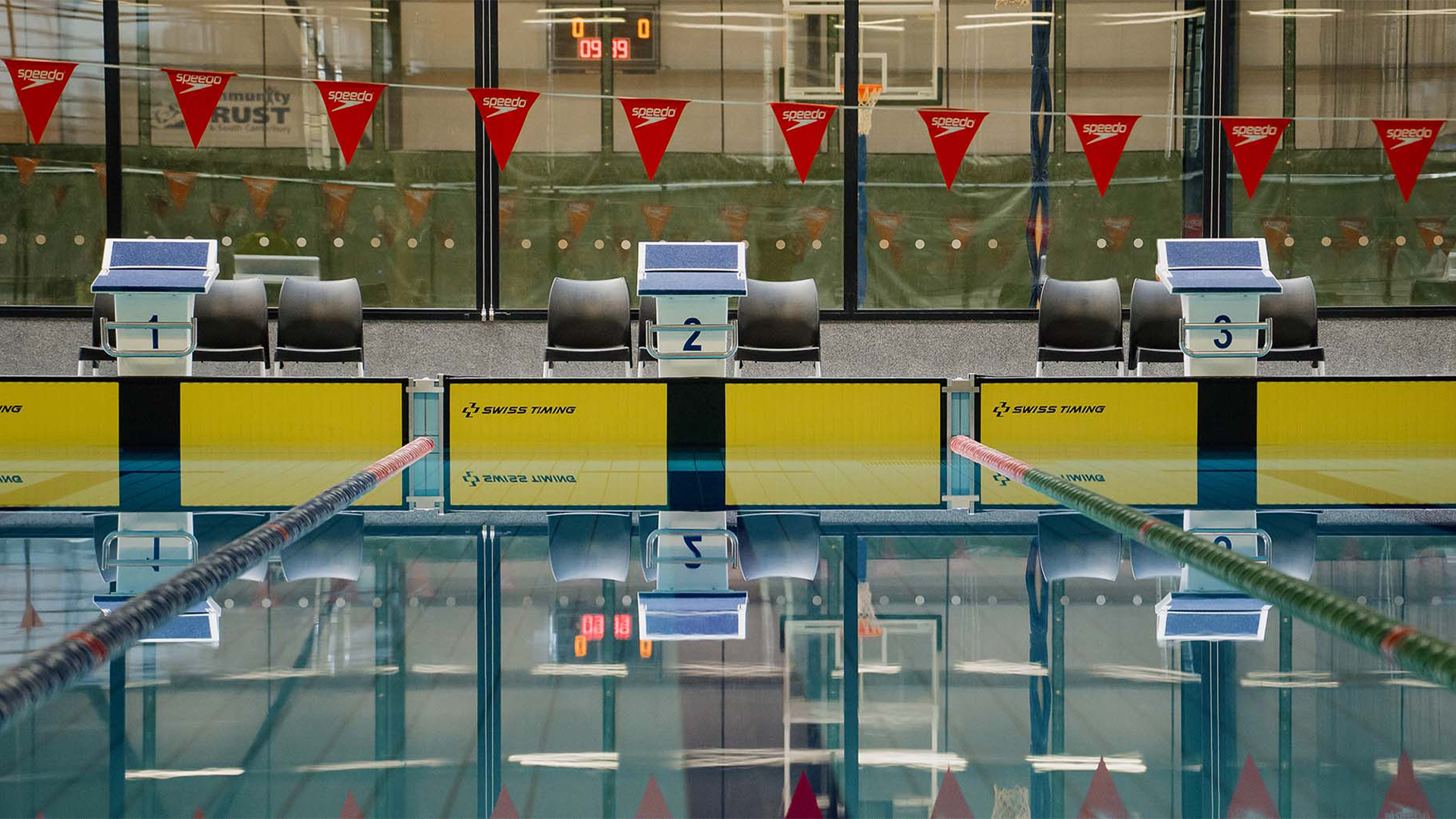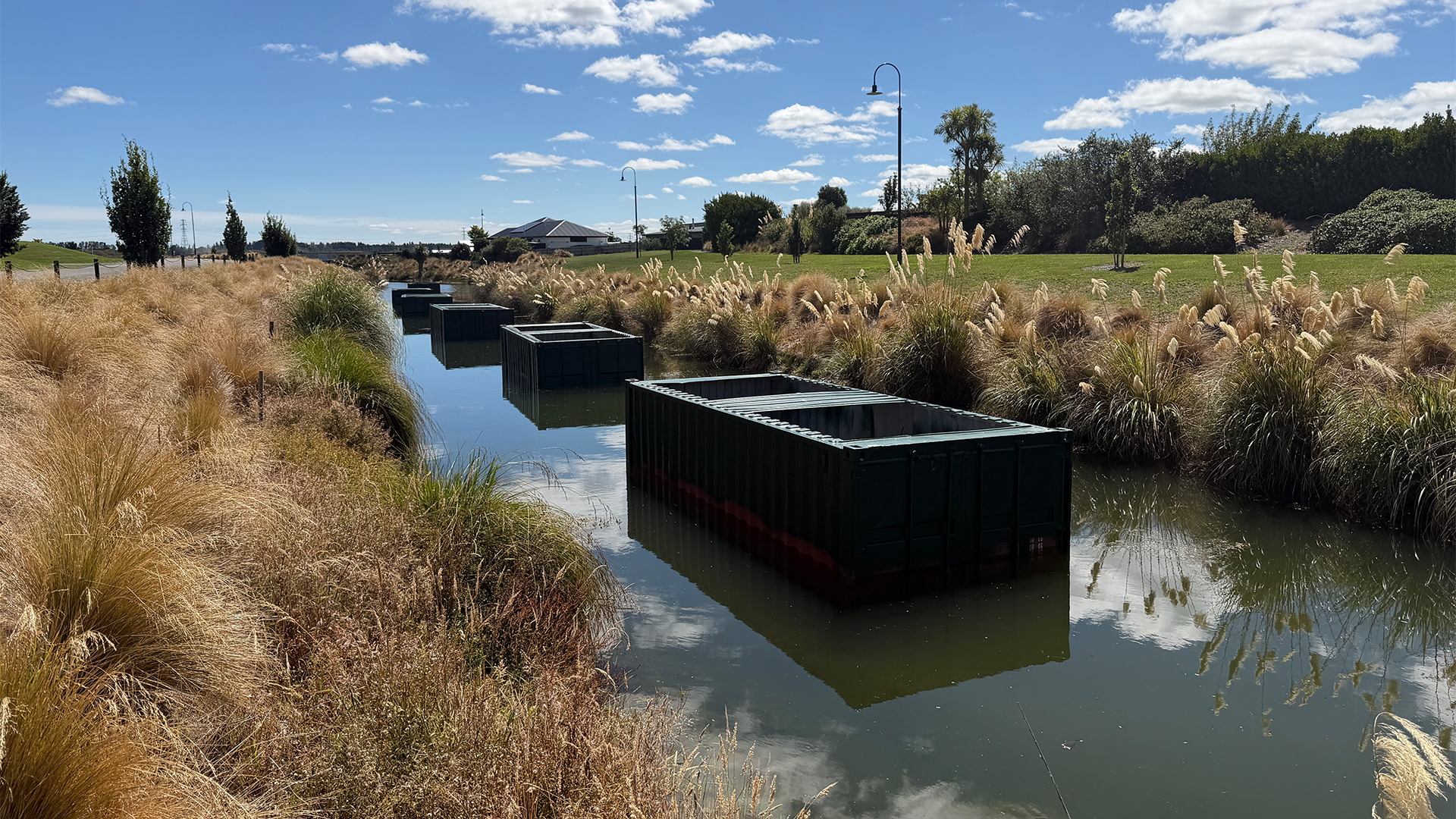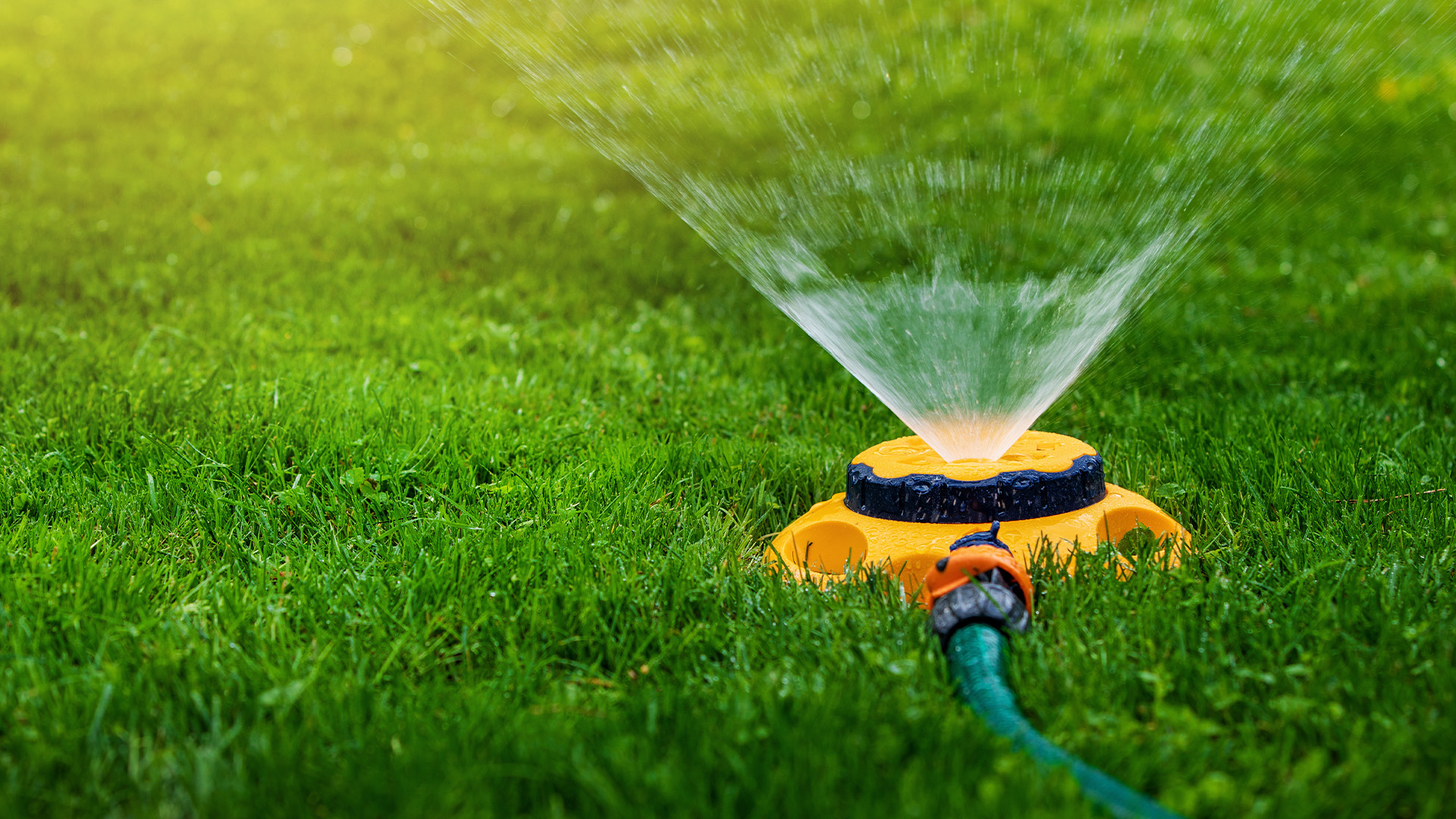Meters help detect leaks for Methven households
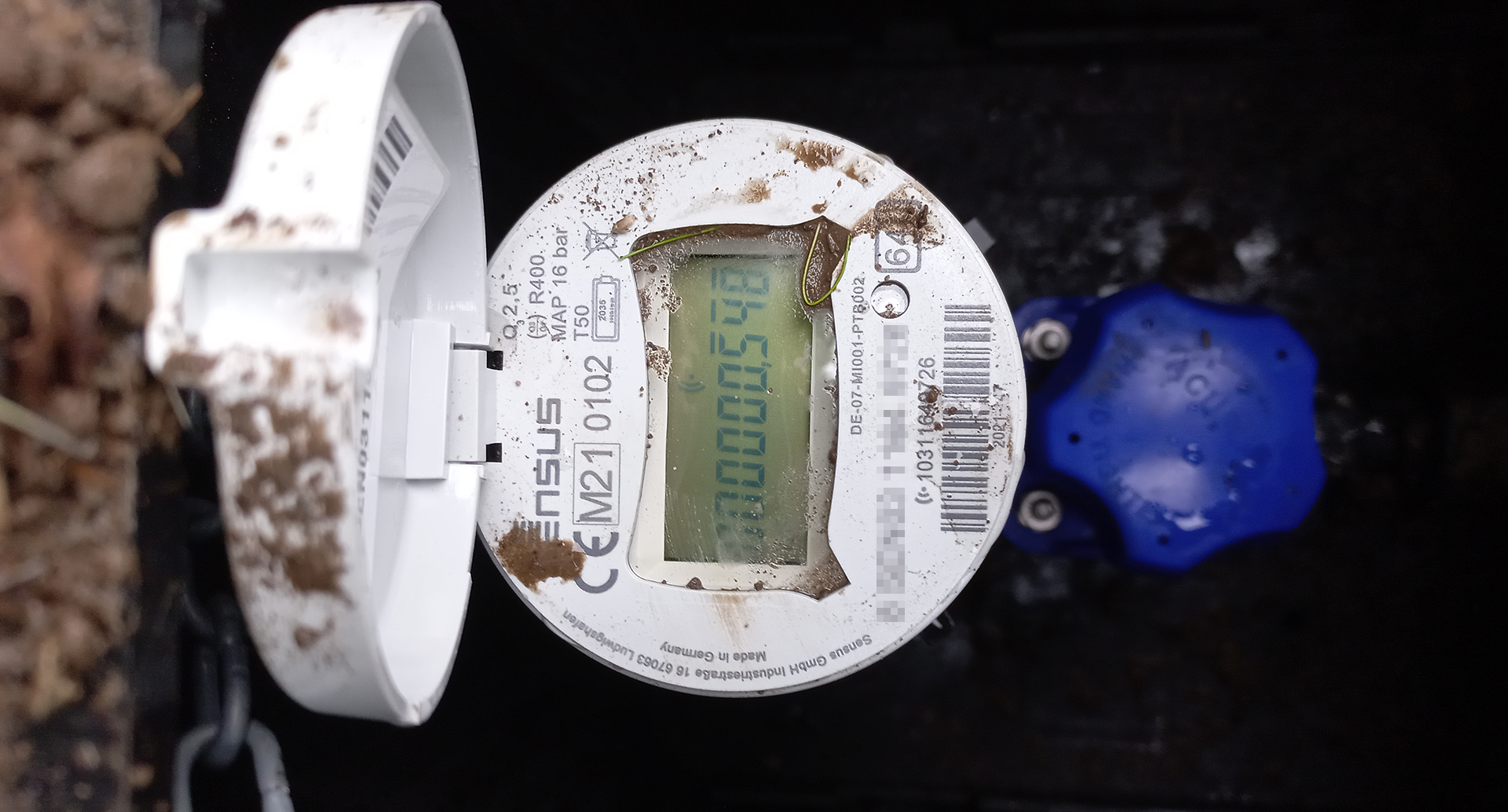
Methven residents are being encouraged to read their own water meters if they are curious to know how much water they are using or if they suspect they might have a leak on their property and water is being wasted.
About 1200 smart meters have been installed on residential connections over the past six months and Council has begun monitoring water use, looking for unusual consumption.
Infrastructure and Open Spaces Group Manager Neil McCann said the data would serve two purposes – it would help detect leaks on the Methven drinking water supply and help inform educational campaigns about sustainable water use.
“Since the meters have been installed, we’ve already heard from quite a few Methven people who have begun to read their own meters and discovered leaks on their properties because of the volume of water they were using.”
As a guide, people should allow 250 litres a day per person (to cover food preparation, showering, washing, cleaning and gardening), so a household of four would use 1000 litres a day, or 7000 litres a week. Reading your water meter once a week would show if there was excessive use.
One property owner found a leak under the concrete slab of his home and another found a leak after beginning to regularly read his meter.
Contractors putting in the smart meters for Council have been following up with households they suspect might have a leak, based on initial readings.
Deputy Mayor Liz McMillan said she was alerted to the fact her property was using more than it should. She started reading her meter last thing at night and first thing in the morning, when she thought water consumption should be low.
“It turned out my toilet cistern was leaking and I got it fixed. That was causing about 600 litres of water to disappear each night.”
Mr McCann said residents could go to their toby box on the street, lift the lid and read their smart meter if they were curious about their own water use.
“We will be doing regular meter readings electronically and collecting data about water use, but people can read their own if they are interested.
“Collecting this data is not about charging for water, but about education and the better use of water. We should have a good picture in a couple of months.”
Meters were installed at Methven as a trial, with a view to rolling them out district-wide. Council’s website has a page with instructions about how to read your meter.
The information helps Council monitor its own water pipes and also pinpoint leaks that might be on private property; most leaks are on service connections.
Mr McCann said Methven was often on water restrictions over summer because of high use, but water meters and two new reservoirs might help change that.
The Methven water supply is also undergoing a $9.6 million upgrade, with a new membrane treatment plant and two reservoirs.
Share this article
Latest News
Methven to consider options to manage Mt Hutt Memorial Hall
Explore your business idea at a free enterprise workshop
Change proposed for squad swimmers
Refresher course for senior drivers
Cr Phill Everest: Challenges of a changing Local Government landscape
Road Closures
DAVID STREET
from 21 Jan 7:00 to 27 Feb 18:00
FITZGERALD ROAD - SEASIDE ROAD
from 15 Mar 8:00 to 15 Mar 20:00
EALING MONTALTO ROAD
from 26 Jan 7:00 to 6 Mar 18:00
FAIRFIELD ROAD
from 26 Jan 7:00 to 31 Mar 18:00
ELIZABETH AVENUE (RAKAIA)
from 19 Jan 7:00 to 27 Feb 18:00
View all Road Closures | Live map
